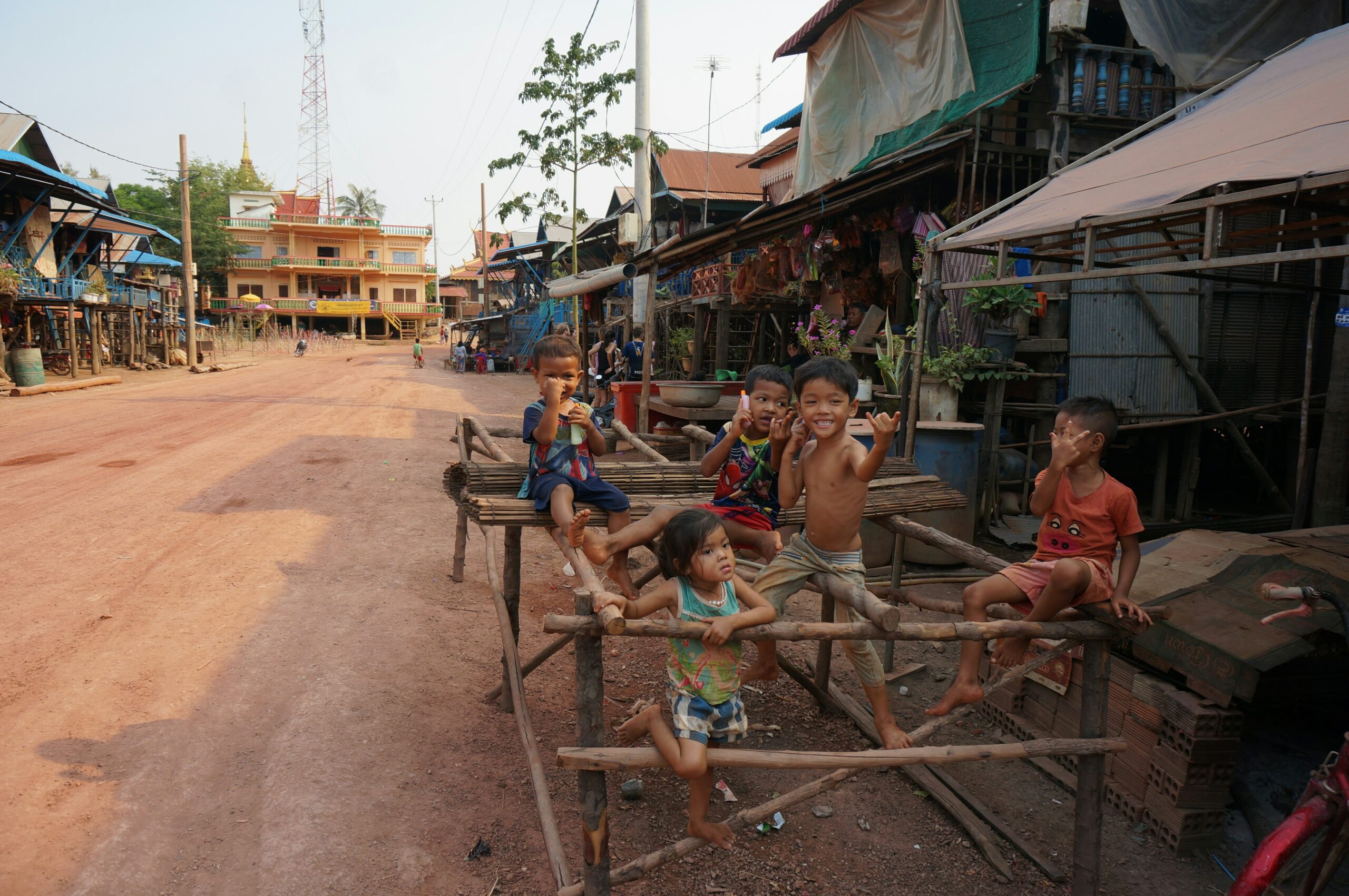TAIPEI/BEIJING — Actress Fan Bingbing’s significant career resurgence, marked by her win as Best Leading Actress at Taiwan’s 62nd Golden Horse Awards, was met with swift public discussion and subsequent censorship on mainland Chinese social media platforms. The prominent star secured the coveted prize late Tuesday for her role in the film Di Mu (Earth Mother), a victory immediately hailed as a major milestone following a highly publicized 2018 tax evasion scandal that paused her career.
However, the excitement was quickly curtailed. Posts celebrating the achievement, including one detailing Fan’s emotional reaction and late-night message to fans, vanished from platforms like Weibo early Wednesday morning.
Post-Award Celebrations Censored
Fan, unable to attend the Taipei ceremony, was reportedly connected via video call backstage after director Zhang Ji’an accepted the award on her behalf. According to reports, the actress expressed deep gratitude and emotional growth stemming from the role.
In the early hours of Wednesday, Fan posted a now-deleted message on Weibo addressing the win. She described fielding over six hundred congratulatory messages and consuming three Shanghai hairy crabs, expressing a mix of “happiness and bewilderment.” The post, accompanied by a selfie showing her tear-swollen eyes and a photo of the crab shells, quickly garnered attention.
Within hours, that post disappeared. Further evidence of censorship emerged when Fan’s official studio account also deleted its congratulatory message. Although the studio’s post skillfully avoided mentioning “Taiwan” or the “Golden Horse Awards,” it was removed shortly after publication, fueling widespread speculation among netizens about the sensitivity surrounding the award in mainland cyber regulation environments.
Tax Scandal Legacy Overshadows Artistic Triumph
Fan Bingbing’s win ignited polarized discussions across Chinese cyberspace before the censorship sweep. The actress’s public image remains complicated by the high-profile tax evasion case five years ago, which led to sharp penalties and a temporary industry ban.
Many online commentators argued that her past transgressions should preclude any high-profile accolades. Conversely, a strong contingent of fans and industry peers praised her resilience, noting her dedication and commitment to her craft despite the setbacks. They lauded her “never-say-die” spirit and humility throughout her rehabilitation process.
Fan’s international manager, Zhang Xinling, confirmed the intensive effort behind the performance, noting that the award recognized the culmination of Fan Bingbing’s hard work, including arduous filming conditions where she was “bitten relentlessly by mosquitos.”
The Golden Horse Awards, often regarded as the “Oscars of the Chinese-language film world,” are held in Taipei and frequently carry political connotations that can trigger mainland Chinese media restrictions. While the artistic community celebrates Fan’s professional redemption, the swift removal of celebratory content underscores the continued, complex political and regulatory oversight governing the mainland’s entertainment sector and the lingering sensitivity surrounding her public visibility. The actress’s younger brother, Fan Chengcheng, noticeably maintained silence on his social media accounts following the announcement.
The incident highlights the difficult balance established celebrities must navigate between international recognition and domestic approval in the current media landscape. Fan Bingbing’s win may signify a professional return, but the swift censorship indicates that her rehabilitation remains subject to ongoing digital scrutiny.


